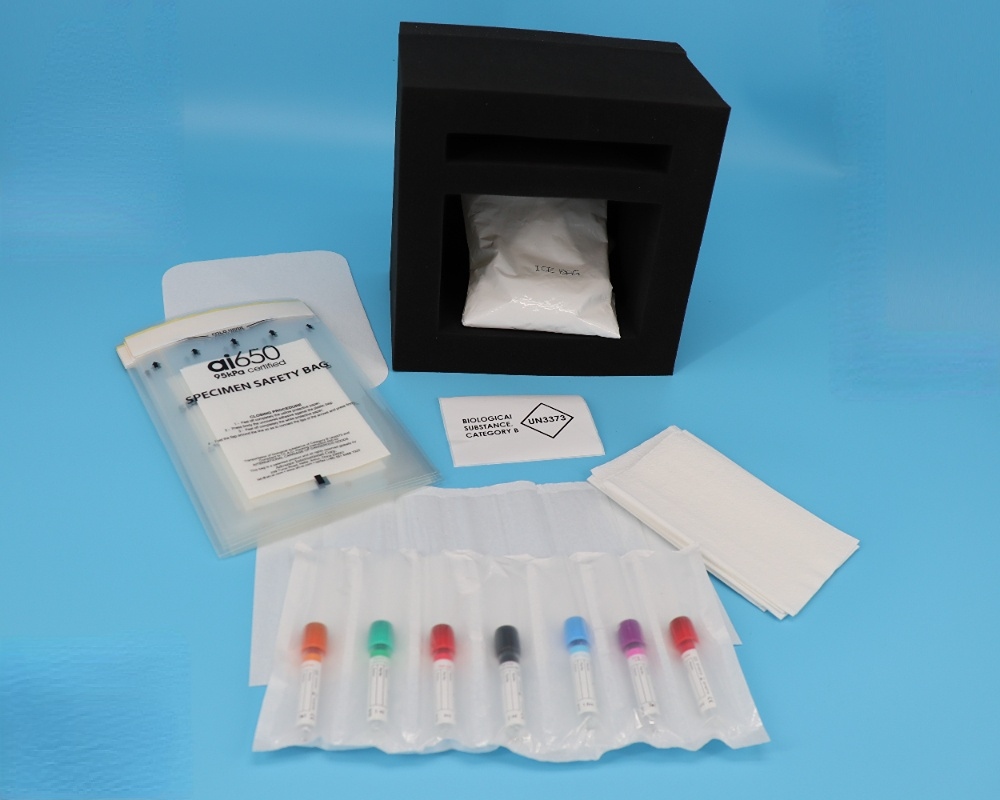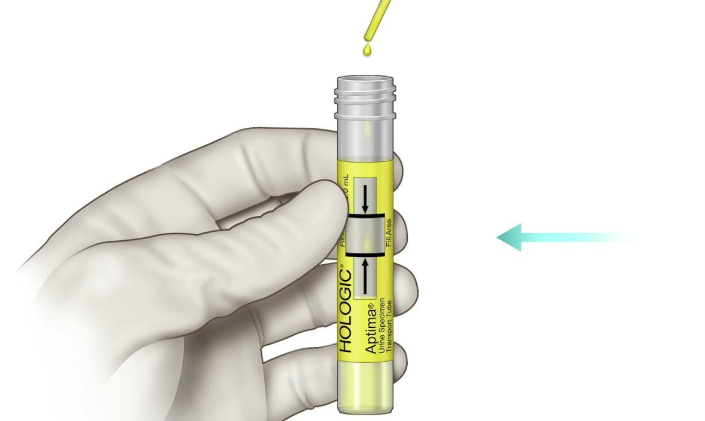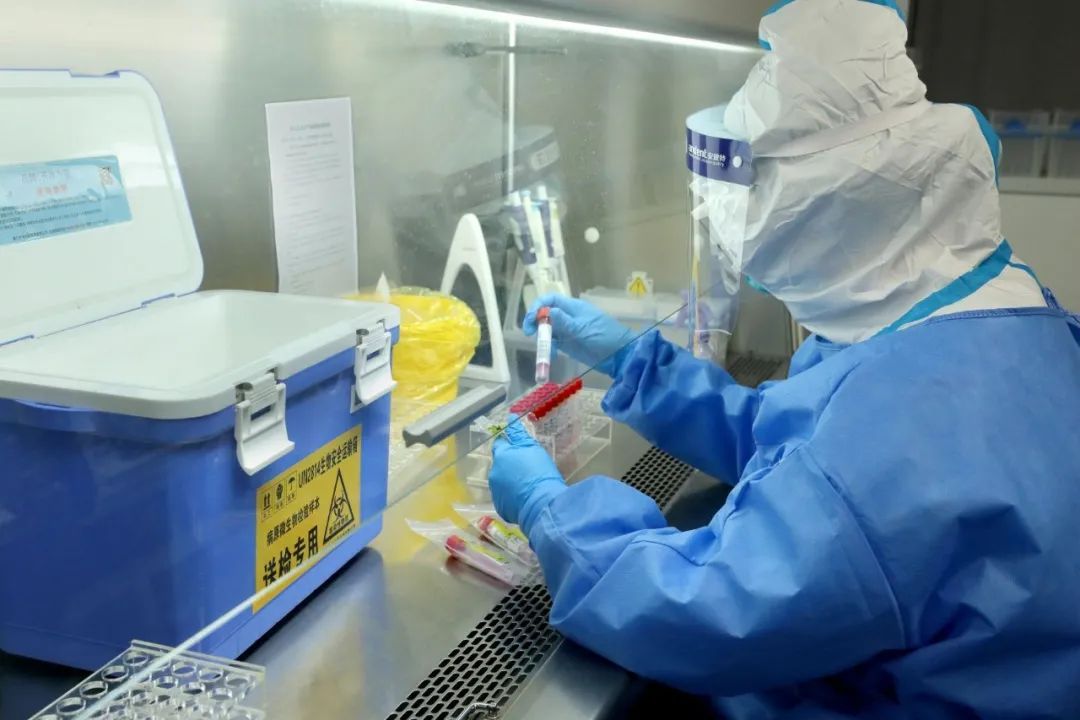
n today’s fast-paced healthcare and diagnostic landscape, specimen collection kits have become indispensable tools for accurate testing and disease detection. Whether for medical diagnostics, research, or at-home testing, these kits ensure safe and efficient sample collection. But what exactly is a specimen collection kit, and how does it work? In this blog, we’ll break down everything you need to know about these essential tools, their components, applications, and why they matter in modern healthcare.
What is a Specimen Collection Kit?
A specimen collection kit is a pre-packaged set of sterile tools and containers designed to collect, store, and transport biological samples (e.g., blood, saliva, urine, nasal swabs, or stool) for laboratory analysis. These kits are tailored to meet specific testing requirements and are widely used in:
- Medical diagnostics (e.g., COVID-19 tests, STI screenings).
- Genetic testing (e.g., DNA ancestry or health risk analysis).
- Research studies (e.g., clinical trials or epidemiological surveys).
- Veterinary medicine (animal health testing).
Key Components of a Specimen Collection Kit
While contents vary by purpose, most kits include:
- Collection Devices: Swabs, lancets, pipettes, or urine cups.
- Storage Containers: Leak-proof tubes or vials with preservatives.
- Transport Media: Solutions to stabilize samples during transit.
- Instructions: Step-by-step guides for proper sample collection.
- Labels & Documentation: Barcodes, patient ID forms, or requisition slips.
- Biohazard Packaging: Secure, compliant outer packaging for safe shipping.
Types of Specimen Collection Kits
- Nasopharyngeal Swab Kits: Used for respiratory virus testing (e.g., COVID-19, influenza).
- Blood Collection Kits: Include lancets, microtainers, and alcohol wipes for blood samples.
- Saliva DNA Kits: Non-invasive tools for genetic testing.
- Fecal Test Kits: Detect gastrointestinal infections or colon cancer markers.
- Urine Collection Kits: Common for drug testing or UTI diagnosis.
Why Are Specimen Collection Kits Important?
- Accuracy: Standardized tools minimize contamination risks.
- Convenience: Enable at-home or remote sample collection.
- Safety: Biohazard-compliant packaging protects handlers during transit.
- Regulatory Compliance: Meet FDA, CE, or ISO standards for medical devices.
Choosing the Right Specimen Collection Kit Supplier
When sourcing kits for healthcare facilities, labs, or resale, consider:
- Certifications: Ensure kits meet ISO 13485, FDA, or CE requirements.
- Customization: Opt for suppliers offering branded packaging or tailored components.
- Scalability: Verify bulk order capabilities and logistics support.
- Shelf Life: Check expiration dates for critical components like transport media.
FAQs About Specimen Collection Kits
Q: Can specimen kits be used for at-home testing?
A: Yes! Many FDA-approved kits (e.g., COVID-19 PCR tests) allow users to collect samples at home and mail them to labs.
Q: How long can samples stay viable in a collection kit?
A: Viability depends on the kit’s preservatives and storage conditions—typically 24–72 hours at room temperature.
Q: Are these kits reusable?
A: No. All components are single-use to prevent cross-contamination.
Specimen collection kits are the unsung heroes of modern diagnostics, bridging the gap between patients, healthcare providers, and laboratories. Whether you’re a medical professional, researcher, or distributor, understanding these kits’ role ensures you deliver reliable solutions to meet growing global demand.
Looking for high-quality, customizable specimen collection kits? Explore our range of ISO-certified kits designed for accuracy, safety, and scalability. Partner with a trusted supplier to elevate your diagnostic services today!



